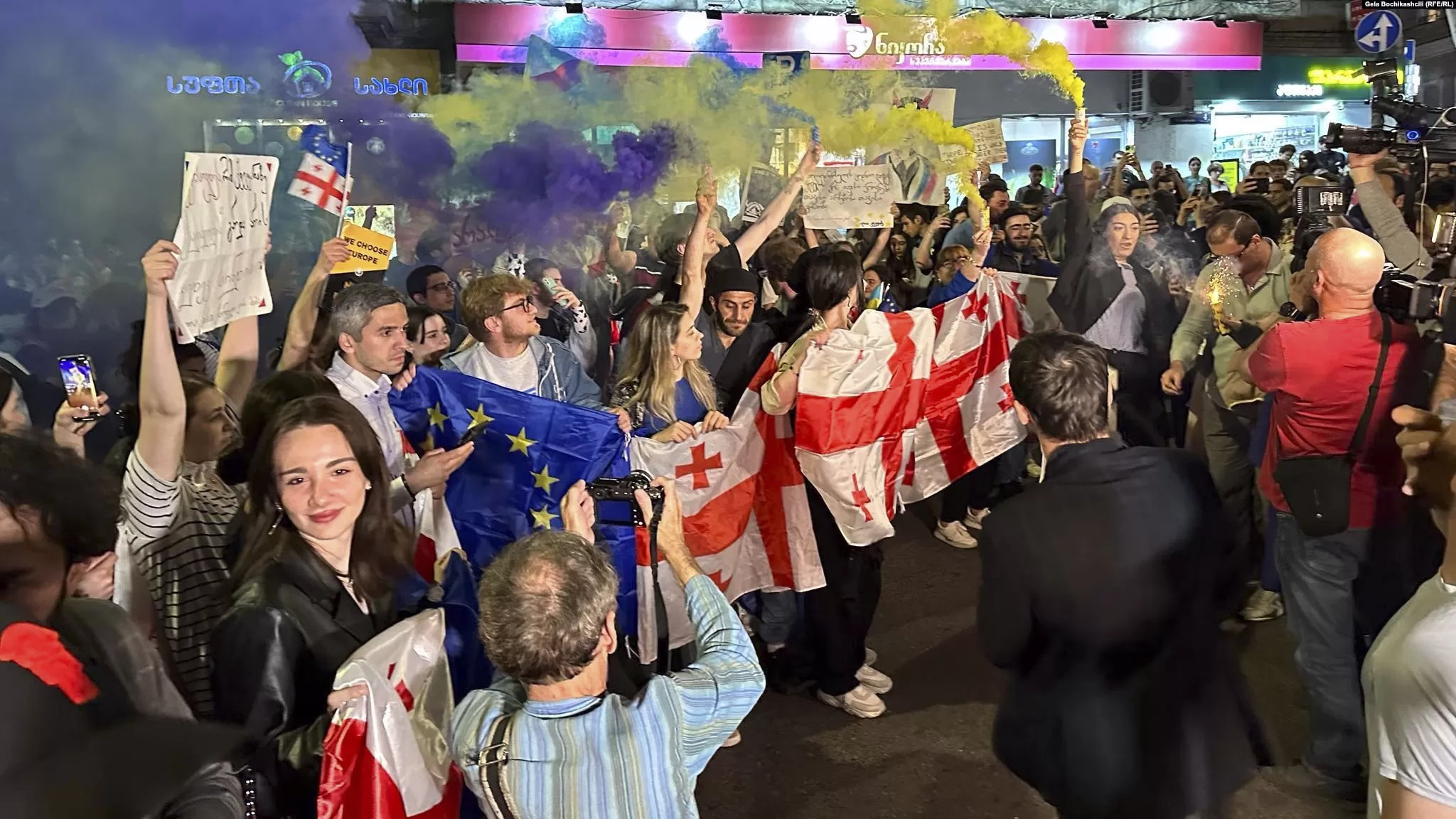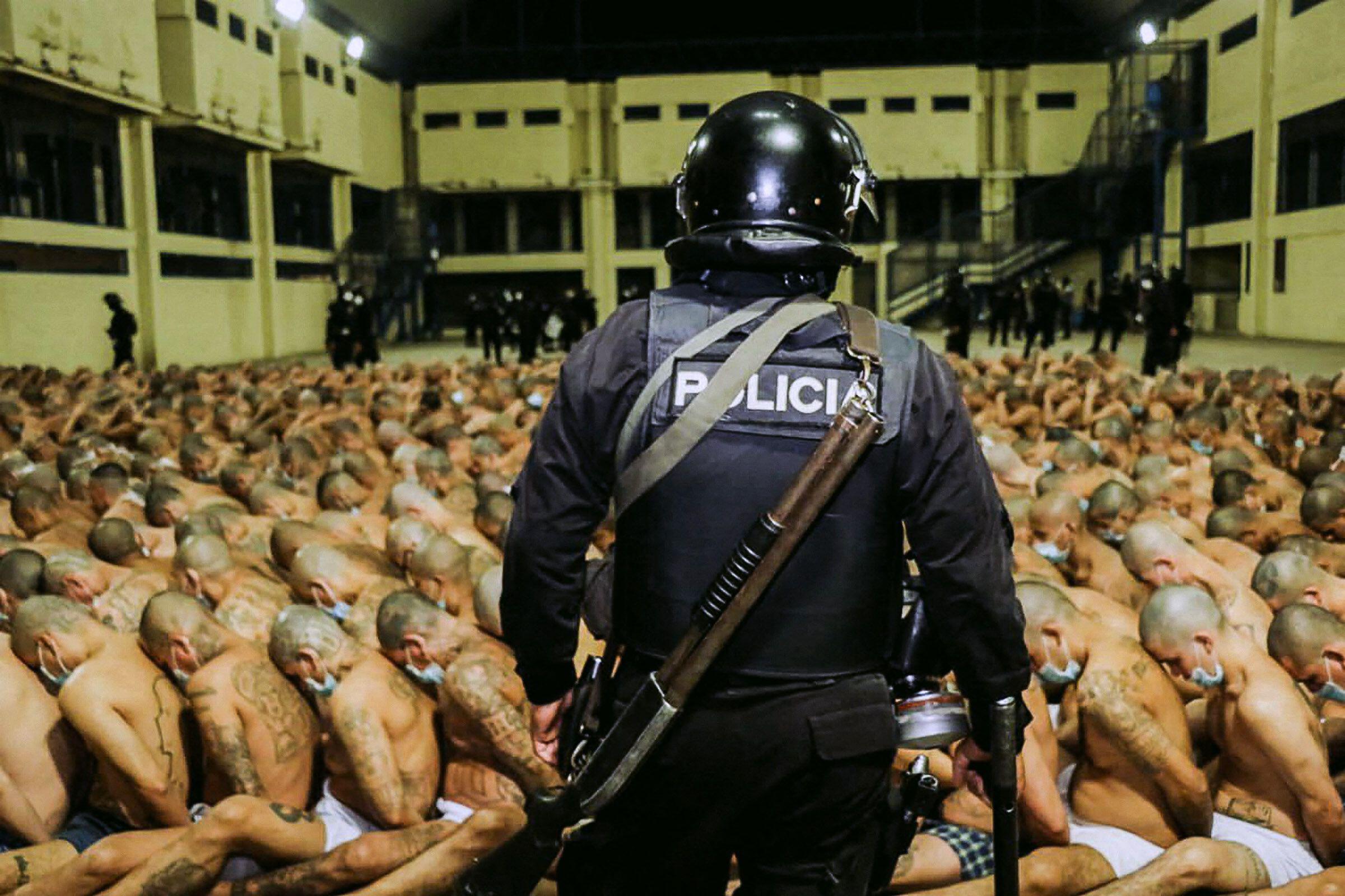As the world looks on in horror at Russia’s aggression in Kharkiv and in despair at events in the Middle East it is easy to miss the detail of what is happening in other countries as political leaders move to censor as the democratic values that we hold increasingly feel under threat. This week we have seen an assassination attempt on the Slovakian Prime Minister and an attempted terror attack in Rouen.
In Georgia, there are protests in the streets of the capital Tbilisi. A fierce battle is being waged, not with weapons, but with voices raised in unison against an outrageous and controversial “foreign agent” law. The legislation, which has already passed its third reading in parliament with a vote of 84 to 30, mandates that NGOs and independent media receiving over 20% of their funding from foreign sources register as entities “bearing the interests of a foreign power”. This bill has sparked widespread protests, with thousands taking to the streets in defiance Geogriof what they see as an existential threat to their democracy and civil liberties.
The comparison to Russia’s 2012 law, which similarly targets foreign-funded organisations and has been used to suppress dissent, is not lost on the Georgian people. Critics aptly nickname the bill the “Russia law,” fearing it could pave the way for authoritarianism in Georgia, much like it did in Russia. The legislation’s draconian measures include potential fines of up to 25,000 GEL ($9,400 or £7,500) and stringent monitoring by the Justice Ministry, raising alarms about the erosion of democratic freedoms.
Protesters, driven by a desire to protect their democratic values and maintain Georgia’s trajectory towards European integration, have clashed with police and faced arrests. The atmosphere in Tbilisi has been charged, with demonstrators attempting to breach the parliament building and shutting down major intersections. Tensions have spilled over into parliament, where physical and verbal altercations between pro-government and opposition MPs underscore the high stakes of this political confrontation.
President Salome Zourabichvili, an outspoken critic of the bill, has vowed to veto it. However, the ruling Georgian Dream party holds sufficient seats in parliament to override her veto, casting doubt on the president’s ability to halt the legislation. Prime Minister Irakli Kobakhidze’s ominous warning that backing down would lead Georgia to “easily share the fate of Ukraine” without further explanation has only fuelled public anxiety.
The international community has not remained silent. The European Union, keenly observing Georgia’s bid for membership, has warned that the bill could jeopardise its candidacy. Roberta Metsola, President of the European Parliament, expressed solidarity with the Georgian people, affirming their right to a European future. Similarly, the White House has cautioned that it would reassess its ties with Georgia, urging the president to veto the law. The UK’s Minister for Europe, Nusrat Ghani, has described the scenes in Georgia as shocking, further highlighting the global implications of this domestic struggle.
Natia Seskuria, a former member of Georgia’s National Security Council, believes the protests will persist as long as the law remains a threat. Indeed, the resilience of the Georgian people is evident. “We are waiting for when we will have a choice to choose a new government,” a young protester told AFP, reflecting a common sentiment among those seeking change in the upcoming parliamentary elections.
The stakes are incredibly high. The new law not only threatens civil society and media freedom but also risks derailing Georgia’s European aspirations. With elections just five months away, the Georgian Dream party’s grip on power is being fiercely contested. The pro-democracy protests in Georgia are a testament to the unyielding spirit of its people, who refuse to let their country slip into authoritarianism. Their struggle is a poignant reminder that the fight for freedom and sovereignty is ongoing and must be vigilantly defended.
As ever Index stands with the people of Georgia against any moves towards censorship and away from democracy. We are in awe of their bravery and they are not alone.






